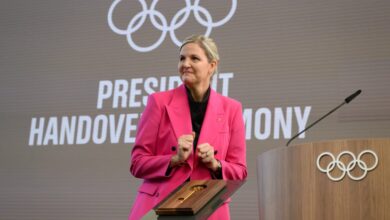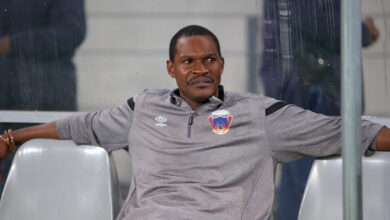Crisis in Leadership: The Root of Dynamos’ Failures
In 2014, Dynamos reigned supreme in Zimbabwean football, clinching their fourth consecutive league title under the guidance of legendary coach Callisto Pasuwa.
However, the departure of Pasuwa, following four triumphant years, spelled trouble for the Glamour Boys. The club perhaps underestimated the significant impact that losing such an accomplished leader would have.
When discussing leadership, people often focus on administrators, but the success of top clubs stems from the presence of highly accomplished leaders at all levels of a football club.
With Callisto Pasuwa, Dynamos had a leader who had full control of the Dembare dressing room. This control was a key factor in the Glamour Boys’ ability to secure four consecutive league titles, even during seasons when it appeared as though Dembare had lost its hold on the title race.
Since the departure of a leader like Callisto Pasuwa, things have fallen apart at Dynamos, with the past 8-9 years marked by a revolving door of coaches.
In addition to the lack of authoritative and controlling coaches, there seems to be a shortage of leadership on the pitch. When discussing on-field leadership, it’s hard not to think of past leaders like Angirayi Chapo, Kaitano Tembo, and Memory Mucherahowa, who commanded immense respect and authority. Without intending to belittle the current leaders, namely Frank Makarati and Emmanuel Jalai, it seems the quality of leadership has somewhat declined.
To make matters worse, Dembare’s most significant leadership issues are apparent in the club’s power corridors, where those in charge have failed to establish a business-oriented structure that could allow the club to leverage its brand power. As football has evolved into a major business, the current structure at the club needs to align with global best practices and reflect an institution eager to capitalize on its large fan base to expand its revenue base.
In an era where clubs have staff specifically tasked with securing new business, it’s imprudent to heavily rely on a Chief Executive Officer to manage daily operations as well as handle the club’s business, especially when established clubs have a president dedicated to overseeing the business side of the club. For instance, at Chelsea Football Club in Europe, Tom Glick serves as the club’s President of Business. His role is to ensure that his team develops a robust and executable strategy to help the club maximize potential revenue streams.
While some may argue that Dynamos has done a commendable job in securing sponsorship from Sakunda, one could argue that an institution like Dembare has only reached about 20 percent of its potential.




